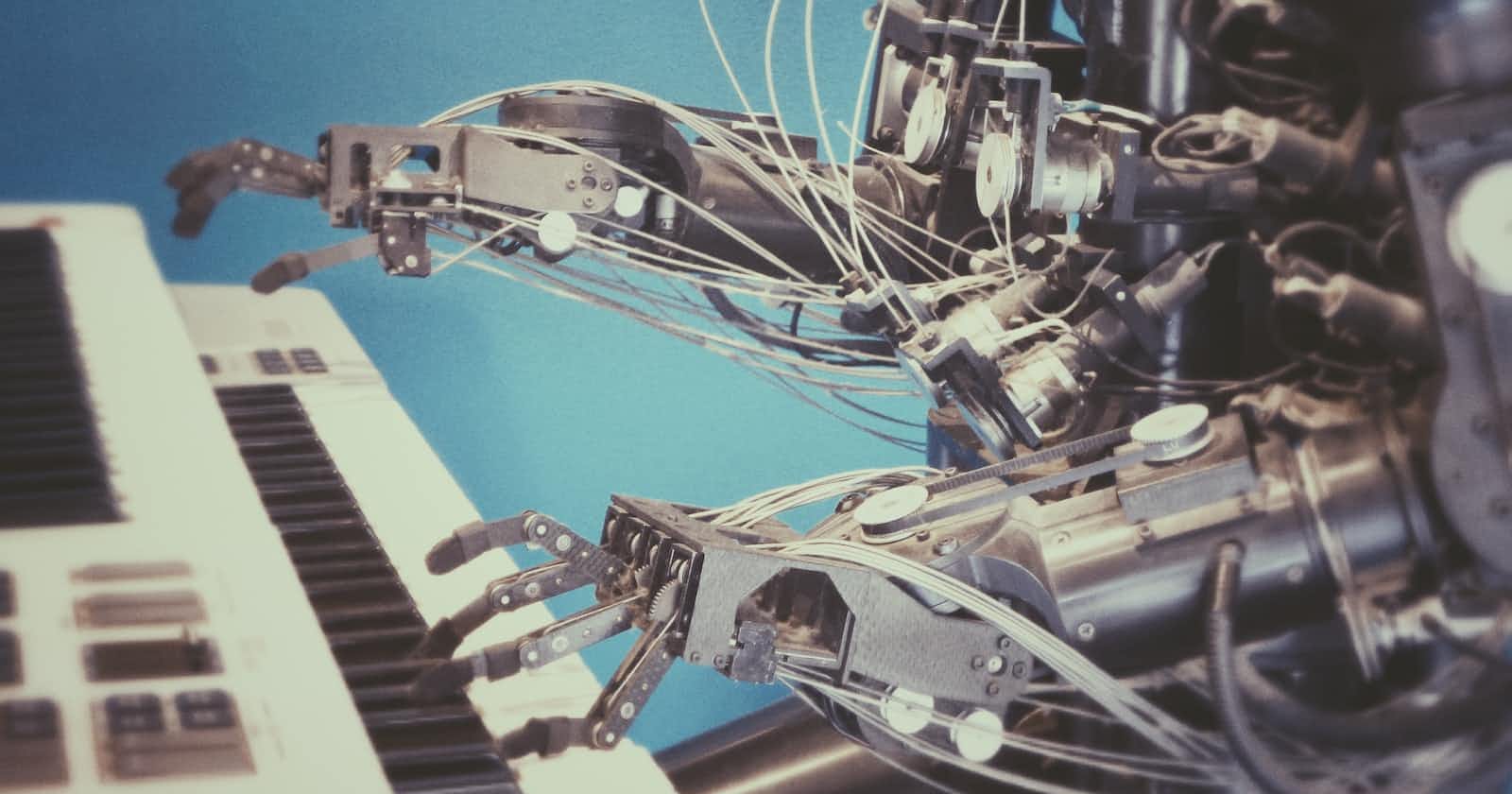
Photo by Possessed Photography on Unsplash
Introduction to MLOps
Streamlining the Machine Learning Lifecycle
Machine Learning Operations, commonly known as MLOps, is an emerging discipline that combines the principles of DevOps with the practices of machine learning to streamline the end-to-end lifecycle of machine learning models. MLOps aims to bridge the gap between data scientists, who develop and train machine learning models, and operations teams, who deploy and maintain them in production environments. By implementing MLOps, organizations can improve the efficiency, reliability, and scalability of their machine learning workflows.
Understanding the Machine Learning Lifecycle
Before diving into MLOps, it is essential to grasp the machine learning lifecycle. The typical machine learning workflow involves several stages, including data collection and preprocessing, model training, evaluation, deployment, and monitoring. Each stage has its challenges, and effectively managing them is crucial for successful machine learning projects.
Data scientists spend a significant portion of their time exploring, cleaning, and transforming data to make it suitable for model training. Once the data is prepared, they experiment with various algorithms and models to train and optimize them using large-scale computing resources. This iterative process continues until satisfactory performance is achieved.
After model training, it undergoes evaluation to assess its performance and generalizability using validation and test datasets. Once a model meets the desired criteria, it is deployed into a production environment, where it interacts with real-world data and makes predictions or decisions. Finally, the deployed model needs to be continuously monitored to detect and mitigate issues, such as data drift, model degradation, and concept drift.
Challenges in the Machine Learning Lifecycle
Managing the machine learning lifecycle can be challenging due to various reasons. Some common challenges include:
Reproducibility: Reproducing the same results across different environments can be difficult due to differences in data, libraries, hardware, or software configurations.
Collaboration: Effective collaboration between data scientists, engineers, and operations teams is essential but can be hindered by disjointed tools, processes, and communication gaps.
Scalability: Scaling machine learning workflows to handle large datasets, complex models, and increasing computational demands requires efficient resource management and parallel processing.
Deployment and Monitoring: Deploying models into production environments and monitoring their performance in real time introduces challenges related to versioning, reproducibility, scalability, and stability.
Governance and Compliance: Ensuring models comply with legal and regulatory requirements, such as data privacy, fairness, and transparency, is crucial but can be complex and time-consuming.
MLOps: Addressing the Challenges
MLOps offers a systematic approach to address the challenges encountered in the machine learning lifecycle. It combines practices from software engineering, DevOps, and data engineering to create a standardized and automated pipeline for managing machine learning workflows.
Here are the key components and principles of MLOps:
Version Control: Applying version control to machine learning code, data, and models enables reproducibility and facilitates collaboration among team members. Version control systems like Git are commonly used in MLOps.
Automation: MLOps emphasizes the automation of repetitive and time-consuming tasks, such as data preprocessing, model training, evaluation, deployment, and monitoring. Automation reduces human error, improves efficiency, and accelerates development and deployment cycles.
Continuous Integration and Continuous Deployment (CI/CD): MLOps borrows the concept of CI/CD from software engineering to enable continuous integration of code and models, automated testing, and seamless deployment into production. CI/CD pipelines ensure that changes to models and code are thoroughly tested before being deployed.
Infrastructure as Code: By using infrastructure as code tools like Docker and Kubernetes, MLOps enables the reproducibility of machine learning environments across different stages, from development to production. It ensures consistent dependencies, configurations, and environments, reducing deployment issues caused by environment discrepancies.
Monitoring and Alerting: MLOps emphasizes continuous monitoring of models and data in production to detect issues such as concept drift, data drift, and model degradation. Real-time monitoring enables timely intervention and ensures models perform as expected.
Governance and Compliance: MLOps incorporates governance and compliance practices into the machine learning workflow, ensuring models adhere to ethical and regulatory requirements. It involves tracking and documenting the lineage of data, models, and predictions for auditing and compliance purposes.
Benefits of MLOps
Implementing MLOps brings several benefits to organizations:
Efficiency: MLOps automates and streamlines the machine learning lifecycle, reducing manual efforts, and enabling data scientists to focus on research and experimentation rather than repetitive tasks.
Reproducibility: MLOps ensures that models can be reproduced in different environments, making it easier to debug issues and validate results.
Collaboration: MLOps fosters collaboration between data scientists, engineers, and operations teams by providing shared tools, processes, and version control systems.
Scalability: MLOps enables organizations to scale their machine learning workflows efficiently, handling larger datasets, complex models, and increased computational demands.
Faster Time to Deployment: By automating and standardizing the deployment process, MLOps reduces the time from model development to deployment, enabling faster innovation and value delivery.
Improved Governance: MLOps incorporates governance and compliance practices into the machine learning workflow, ensuring ethical and regulatory compliance and reducing legal risks.
Conclusion
MLOps is a discipline that addresses the challenges encountered in the machine learning lifecycle by combining principles from DevOps, software engineering, and data engineering. By adopting MLOps practices, organizations can streamline their machine learning workflows, improve efficiency, and accelerate the deployment of models into production. With MLOps, data scientists and operations teams can collaborate effectively, ensuring the reliability, scalability, and governance of machine learning solutions in real-world applications.
